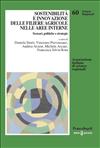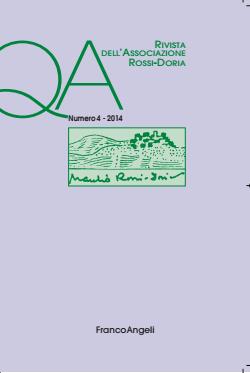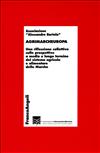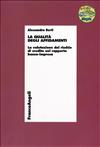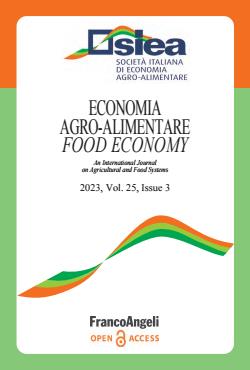
This article aims to contribute to the debate about the Farm Accountancy Data Network (FADN), on how to make it more usable, useful and reliable, both for research users and practitioners when studying policy assessment. Ten years ago, the Italian National Rural Network published a highly relevant report about FADN data use for Rural Development policy evaluation, providing a wide range of examples of its application. The report had the merit of providing a comprehensive and systematic overview of FADN uses for evaluation for the first time and not only for impact assessment.From this experience, this paper examines how the different Managing Authorities in Italy have used FADN data for the evaluation of the current 2014-20 Rural Development Programmes: how actually the database has been used in the Annual Implementation Reports, with a focus on indicators for competitiveness assessment. The paper highlights some recommendations, considering the next programming period and the application of the so-called New Delivery Model.
